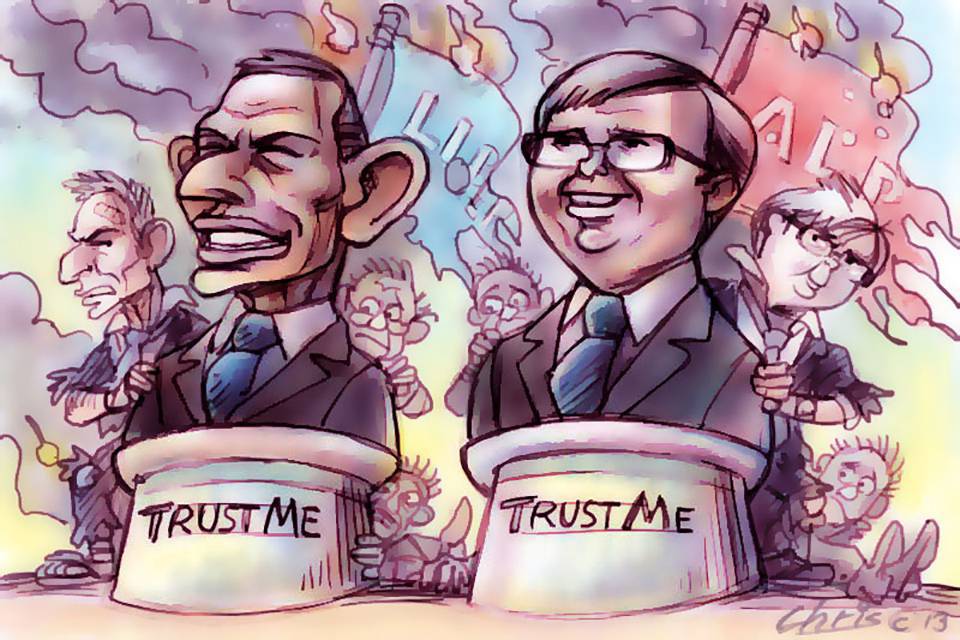Bulgaria's Political Turmoil: Can Sunday's Election Break the Cycle?
Bulgarians are set for their sixth parliamentary election in three years, amid prolonged political instability. Analysts predict another unsettled outcome, hindering economic reforms and EU fund utilization. Sunday's vote, sparked by a coalition collapse, forecasts no majority, leading to more coalition talks. Polls open at 7 a.m. and close at 8 p.m., with results expected by midnight.

Bulgarians head to the polls on Sunday for their sixth parliamentary election in three years, but analysts say the vote is unlikely to yield a stable government that can end prolonged political instability and unblock economic reforms.
Bulgaria, the poorest member of the European Union, has been plagued by revolving-door governments since anti-corruption protests in 2020, with a series of elections producing shaky coalitions that swiftly crumbled. The latest opinion polls suggest no party will win a majority, setting the stage for a new round of coalition talks once the votes are in.
Polls open at 7 a.m. (0400 GMT) and will close at 8 p.m. (1700 GMT), with exit polls due to be announced immediately after polling stations close. The first partial results are expected around midnight (2100 GMT). Bulgaria needs a period of stable, well-functioning government to accelerate the flow of EU funds into its creaking infrastructure and nudge it towards adopting the euro and fully participating in Europe's open-border Schengen Area.
Plans to join the eurozone have already been pushed back twice because of missed inflation targets. Accession is currently slated for Jan. 25, 2025. Failure to form a stable government would raise the risk of further delays, Teneo analysts said in a report last week.
Bulgaria has so far only received 1.4 billion euros out of 5.7 billion euros in available grants from the EU's Recovery and Resilience Facility (RRF), they said. "Further progress is uncertain as the country is required to implement politically sensitive reforms in the energy sector, which might be more difficult without a stable government," they added.
Sunday's vote was triggered by the collapse in March of a coalition comprising the centre-right GERB party and the reformist We Continue the Change (PP) party. The latest Gallup poll, published on Friday by the BTA news agency, put GERB ahead with 25.9% of the vote, followed by three parties in a tight race for second place.
PP, the ultra-nationalist pro-Russian Revival party and the Movement for Rights and Freedom, which mainly represents Bulgaria's large ethnic Turkish minority, were seen taking 15.7%, 15.5% and 15.3% of the vote respectively. Bulgarians will also be choosing their representatives for the European Parliament, but election fatigue?? could be an issue. In the Gallup poll, only 40% of respondents said they planned to vote.
(This story has not been edited by Devdiscourse staff and is auto-generated from a syndicated feed.)










